|
US President Donald Trump has it wrong when he argues the US would be “foolish” to use arms sales as leverage with Saudi Arabia, claiming they could just get their tanks and fighter jets from other countries. In fact it’s one of the best bargaining chips he has with the kingdom, argues Terrence Guay. For his part David Mednicoff posits that continuing question marks over who is responsible for Jamal
Khashoggi’s death is the consequence of Trump’s disregard for democratic politics and human rights in other countries. By abandoning support for democracy and civil rights the administration is hurting the interests of Middle Easterners as well as Americans.
Teachers across Iran went on strike earlier this month, citing unsafe and overpopulated classrooms, the embezzlement of public assets and discrimination. The government has hit back by arresting members of the teachers’ union, but the protest has received widespread support. In fact, argues Omid Shams, their brave stand could herald a new era of dissent.
More than half of Kenya’s urban population lives in slums, in extremely poor quality housing with little access to basic amenities. Yet, comparatively, they pay high rentals. Debabrata Talukdar explains that, because there’s a huge demand for low-cost housing, tenants are paying a high price for these bad conditions.
|

American-made F-15 warplanes fly over Riyadh.
AP Photo/Hassan Ammar
Terrence Guay, Pennsylvania State University
Trump claimed that 'we would be punishing ourselves' by using US arms sales to Saudi Arabia as a bargaining chip over the disappearance of Khashoggi. A look at the arms trade shows why he's wrong.
|
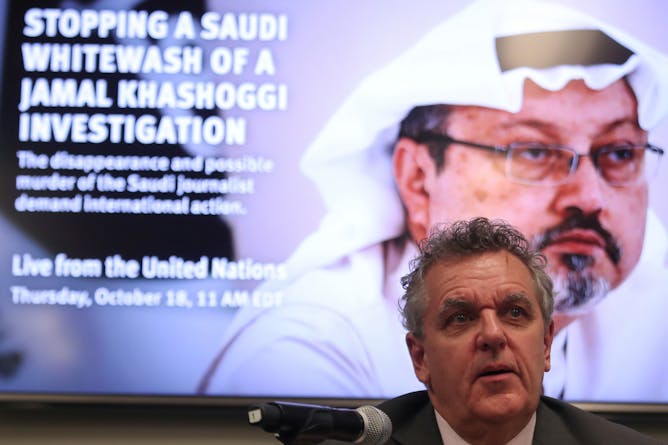
Robert Mahoney of the Committee to Protect Journalists on Oct. 18 appealed to the U.N. to investigate the disappearance of Saudi journalist Jamal Khashoggi.
REUTERS/Shannon Stapleton
David Mednicoff, University of Massachusetts Amherst
The Trump administration’s abandonment of support for democracy and civil rights abroad may be behind the sort of attacks on individual freedom that likely claimed journalist Jamal Khashoggi's life.
|
Politics + Society
|
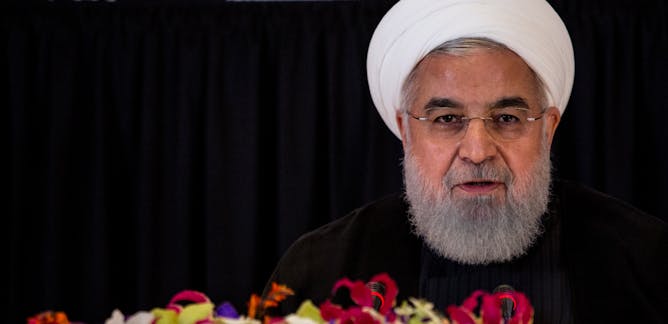
Omid Shams, University of Portsmouth
Corruption, economic woes and oppression are driving many civil servants to the edge.
| |
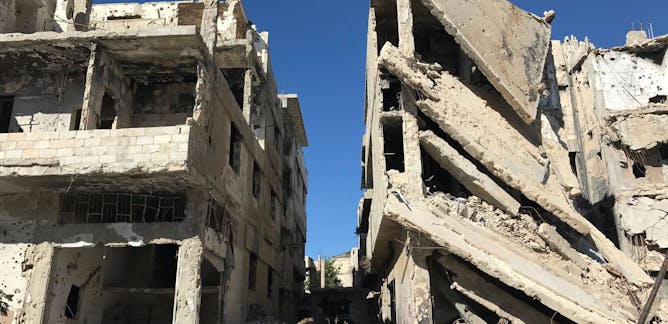
Ammar Azzouz, University of Cambridge
Work to preserve the country's heritage is already happening.
|
|
|
Business + Economy
|
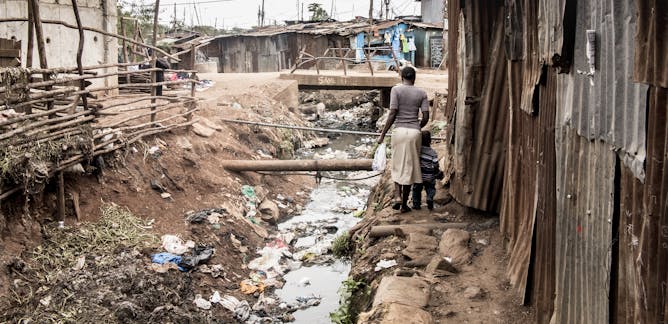
Debabrata Talukdar, University at Buffalo, The State University of New York
The rental housing market in Nairobi’s informal settlements offers its tenant households a perverse market outcome of higher prices for lower quality products
| |
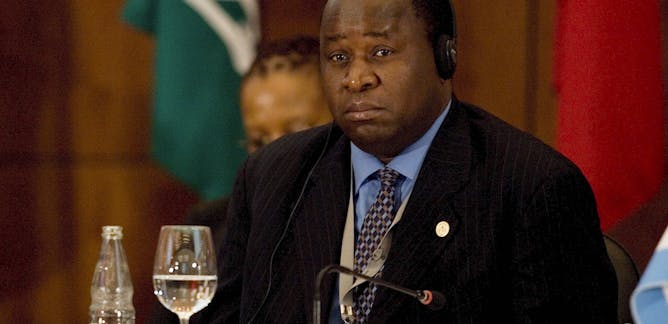
Seán Mfundza Muller, University of Johannesburg
The damage done during the preceding decade will have a negative effect on South Africa's public finances and the economy for some time to come.
|
|
|
Science + Technology
|

Mark Blaskovich, The University of Queensland
Millions of bacteria live on our skin without making us sick. It's when they manage to get through that they can be dangerous – particularly if they're resistant to antibiotics.
| |
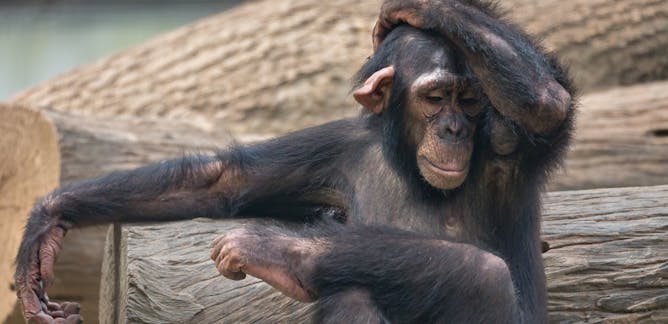
Gabriela-Alina Sauciuc, Lund University; Tomas Persson, Lund University
An Ig Nobel Prize-winning study suggests we need to rethink why imitation evolved.
|
|
|